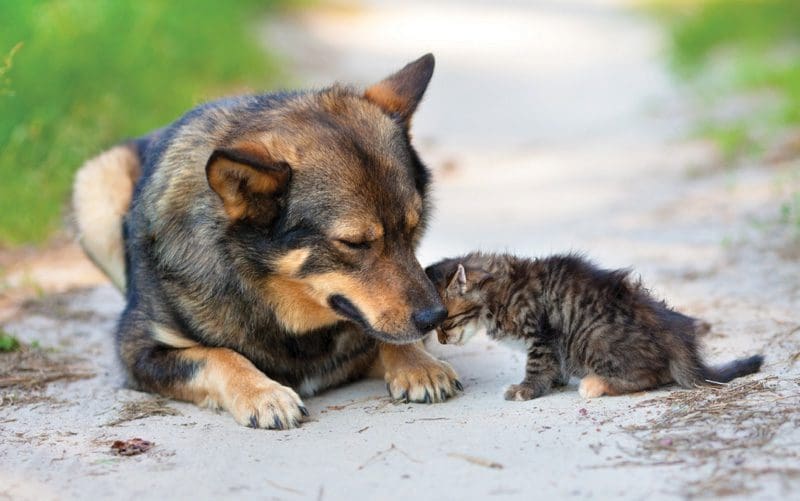
Pet Care: It Takes a Village … and a Veterinarian
Pet Care: It Takes a Village … and a Veterinarian: If it takes a village to raise a child, as the African proverb says, the same can be said about vibrant communities where animal welfare is a shared concern of dedicated individuals and groups. Fortunately, Costa Rica’s Gold Coast area has many such role models of animal philanthropy, including businesses, charitable organizations and caring citizens.
The stage was set for more
labor-of-love collaborations.
The efforts of some veterinarians fall into all three categories. Dr. Gilberth Cavallini, who regularly contributes Howler Pet Care articles, devotes a significant amount of voluntary attention to vulnerable animals in Guanacaste. The extent of his life’s work benefiting ill and injured wildlife, as well as homeless dogs and cats, depends heavily on Cavallini’s veterinary practice income.
Twelve years ago, Cavallini became the first veterinarian to set up practice in the Tamarindo vicinity, contrary to the San José native’s well-laid plans. During a school break surfing here, he had every intention of completing his postgraduate training as a wildlife specialist at the University of London. Instead, he met and befriended Dawn Scott, a longtime Flamingo resident whose animal hero legacy lives on since her passing in 2017. With donations of medicine from a pharmacist friend and Scott’s assistance, Cavallini started providing sterilization surgery and other procedures from a mobile animal clinic in the back of a vehicle at beach sites. Once Cavallini secured bank financing to occupy commercial office space at his present clinical location, Scott donated veterinary instruments and equipment in return for his volunteer services.
The stage was set for more labor-of-love collaborations between veterinarians and diverse benefactors from all community sectors. Public awareness and fundraising initiatives have been making a difference, including spay and neuter programs to decrease the area’s stray dog and cat population.
Meanwhile, significant resources from Guanacaste’s business sector, as well as charitable groups, are being put to good use for animals at risk. Reserva Conchal and Hacienda Pinilla, for example, operate care programs for homeless dogs and cats on their premises. Cavallini provides spay or neuter surgery, vaccinations and other medical services at discounted prices, as well as shelter and adoption arrangements. He also supports the animal rescue and advocacy efforts of groups such as Homeless & Helpless, Yo Seré Su Voz Guanacaste and SalveMonos. The latter cases of rescued monkeys and other wildlife are later transported to Refugio de Nosara for longer-term rehabilitation.

Cavallini has been collaborating in the construction of a new boarding facility for rescued stray dogs and others whose owners cannot afford the cost of veterinary services relating to common conditions such as tick fever and skin infections. Corporate sponsors include Comaco, contributing about 30 percent of construction material requirements. Yo Seré Su Voz Guanacaste is covering about 40 percent of the veterinary service expenses. Cavallini is undertaking a private donor campaign to subsidize the $1,000 monthly cost of boarding facility supplies such as kennels, food and shampoo.
Adopting or fostering pets needing a good home are not the only acts of kindness animal lovers can perform.
Small donations could make a big difference, for example, when caregivers cannot afford the cost of special diets that some animals with serious illnesses require. Volunteering transportation for sick or injured animals is another way people can help.
Pet Cancer and Chemotherapy
Wildlife: An Extraordinary Case of Caring
Blood Transfusions for cats and dogs
Pets get STD’s too
What to Expect from a Costa Rica Vet Visit
Pet Traveling: Happy Landings for your Pet
What to Expect when you pet is expecting
Preparing your pets for raining season
Pet Care: Water Health and Safety
Tick Fever or Ehrlichiosis
Spay or Neuter Pets
Snake Bites: A common pet emergency in Costa Rica
